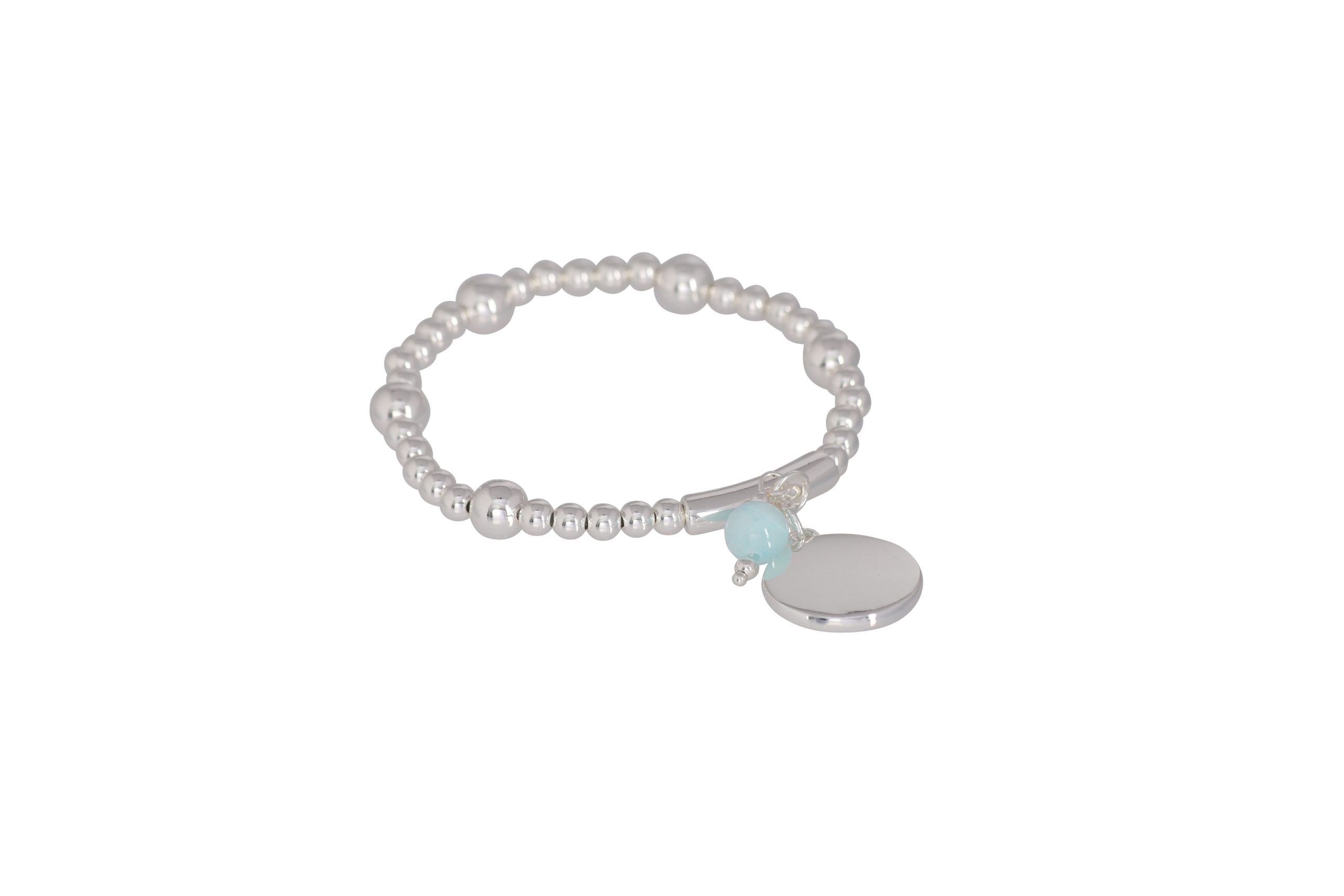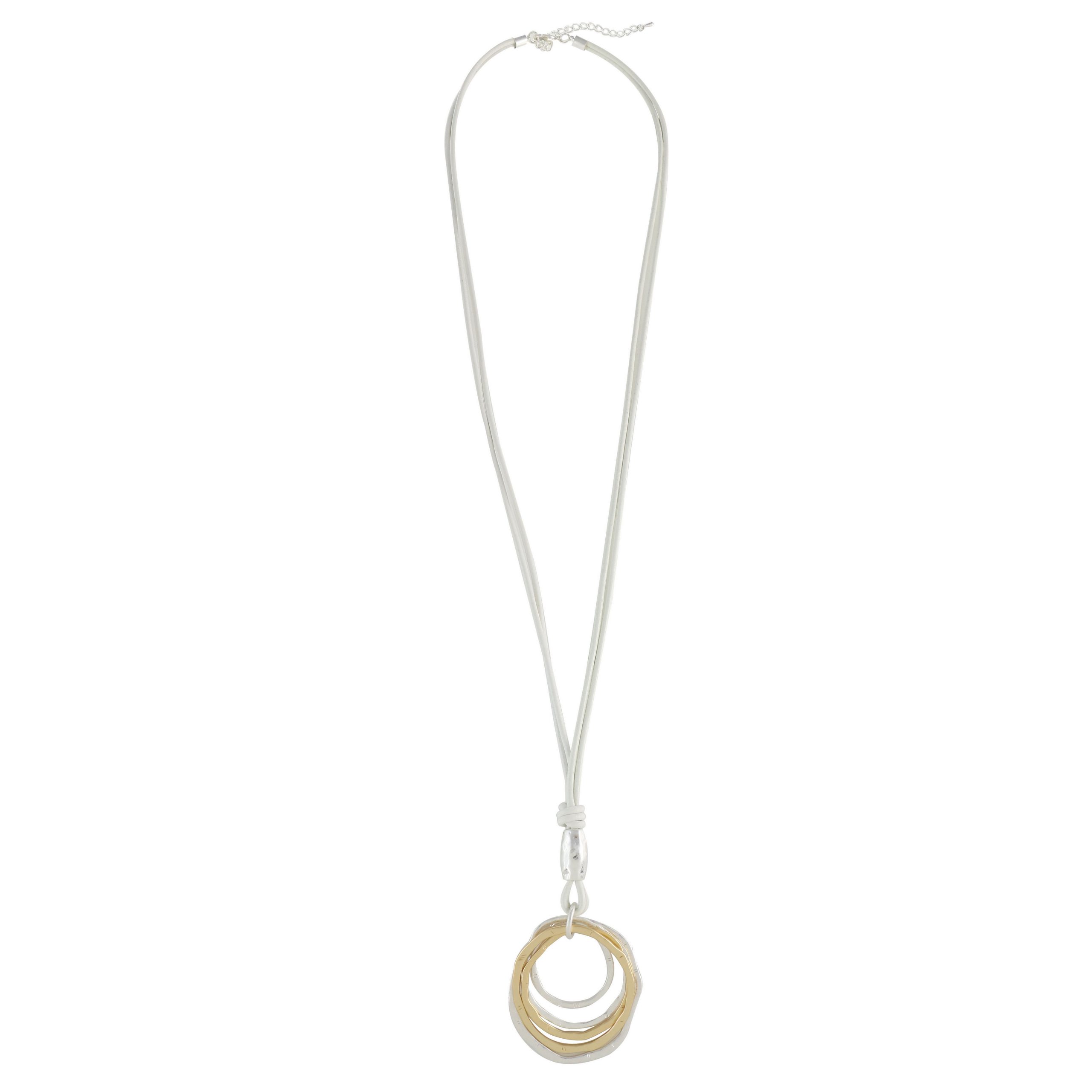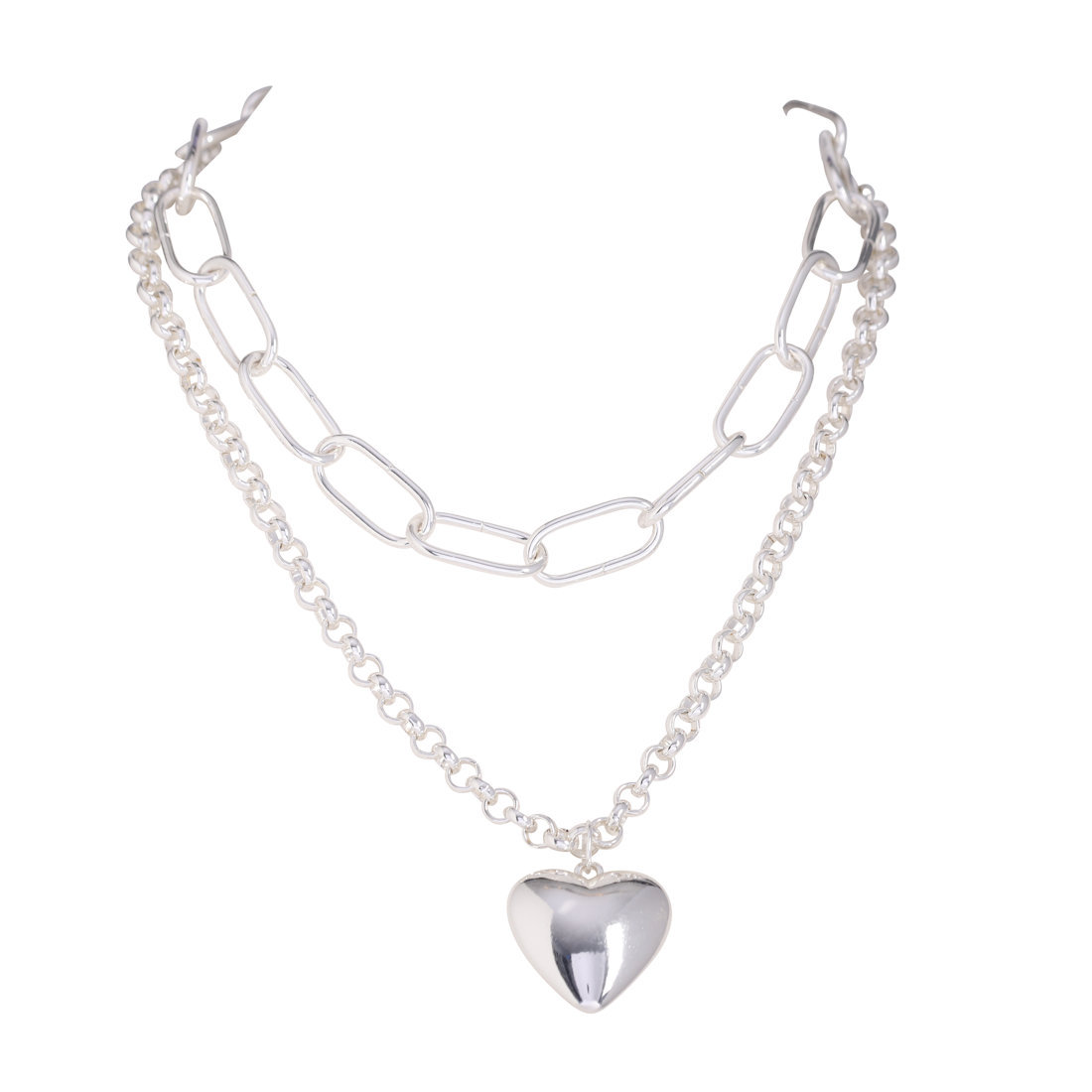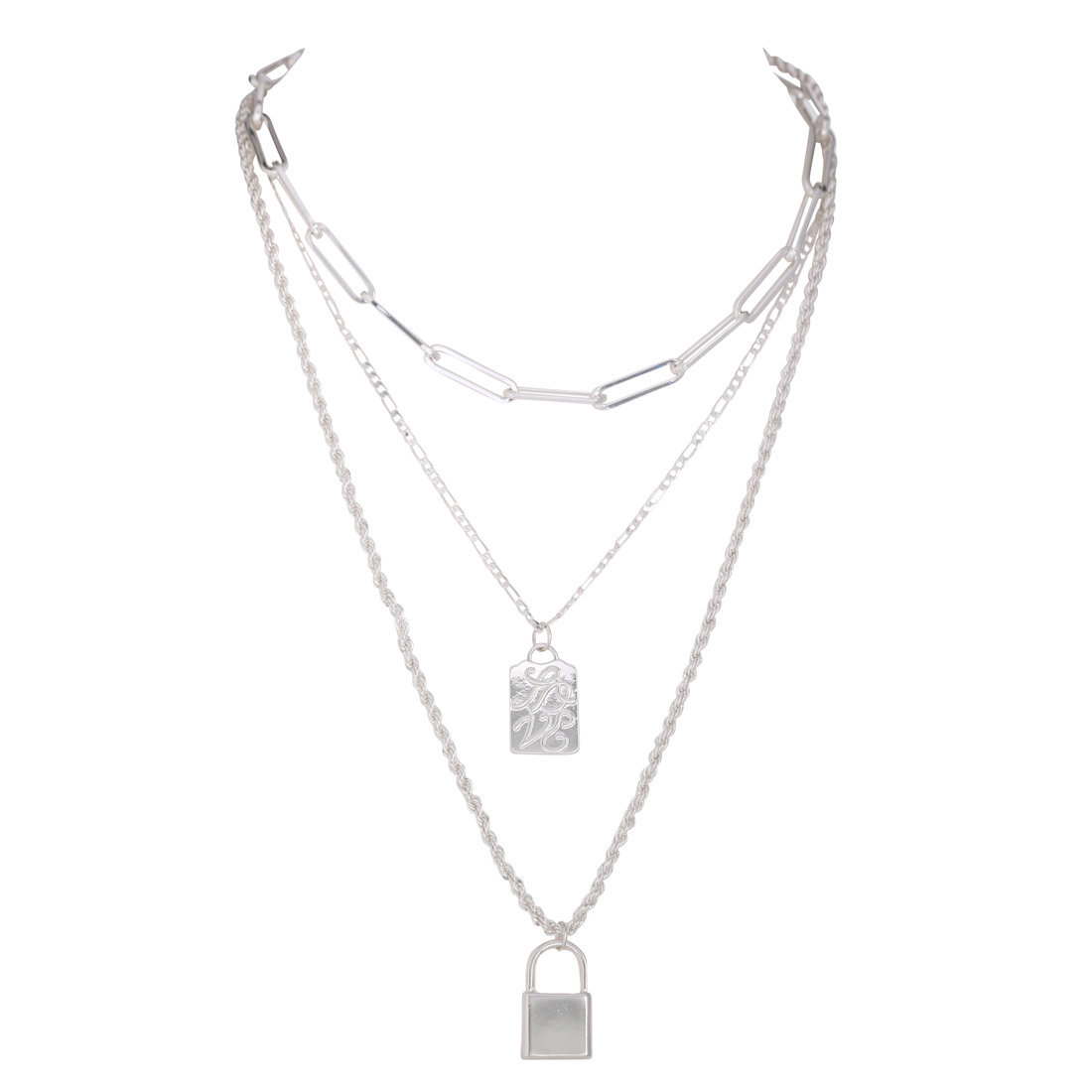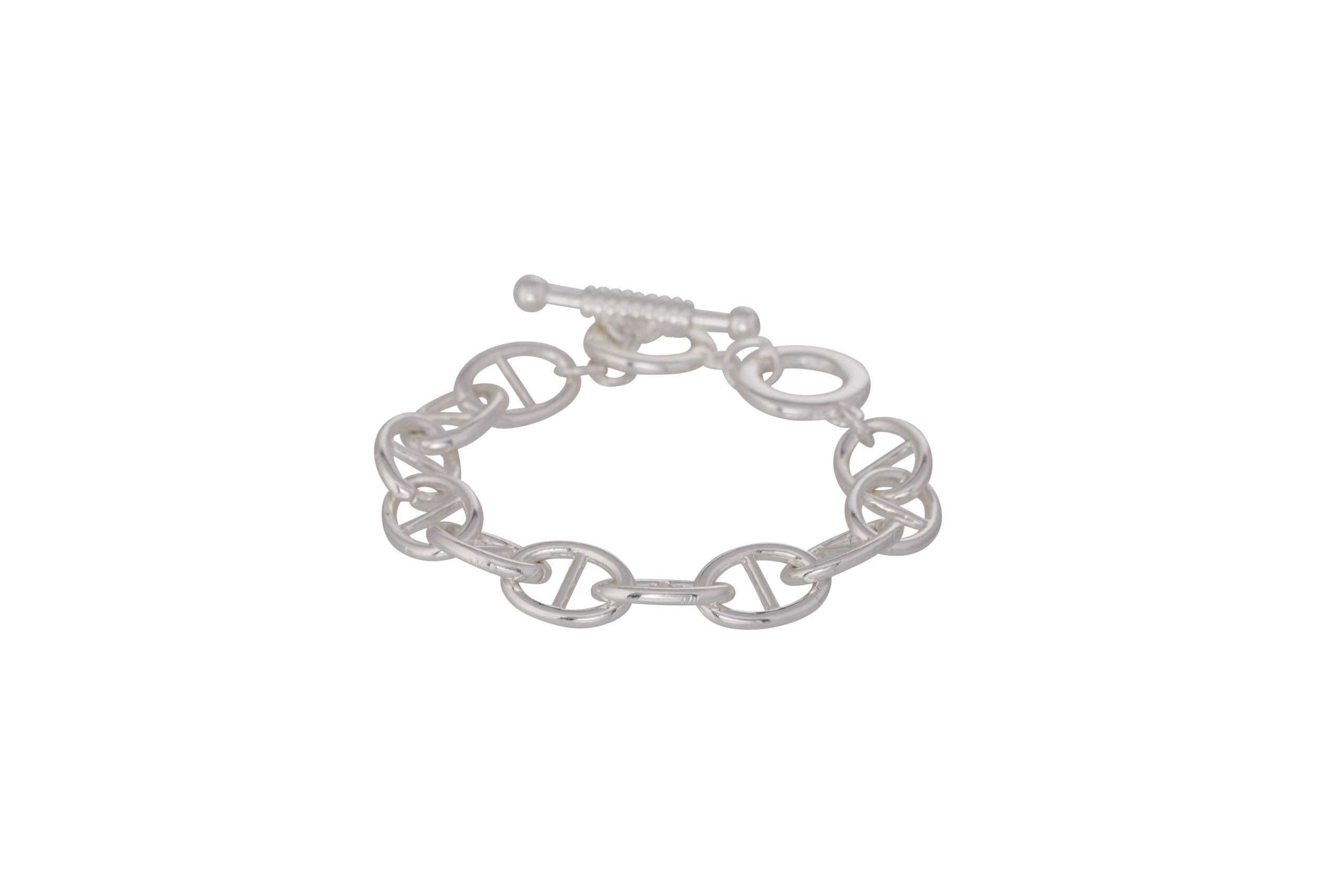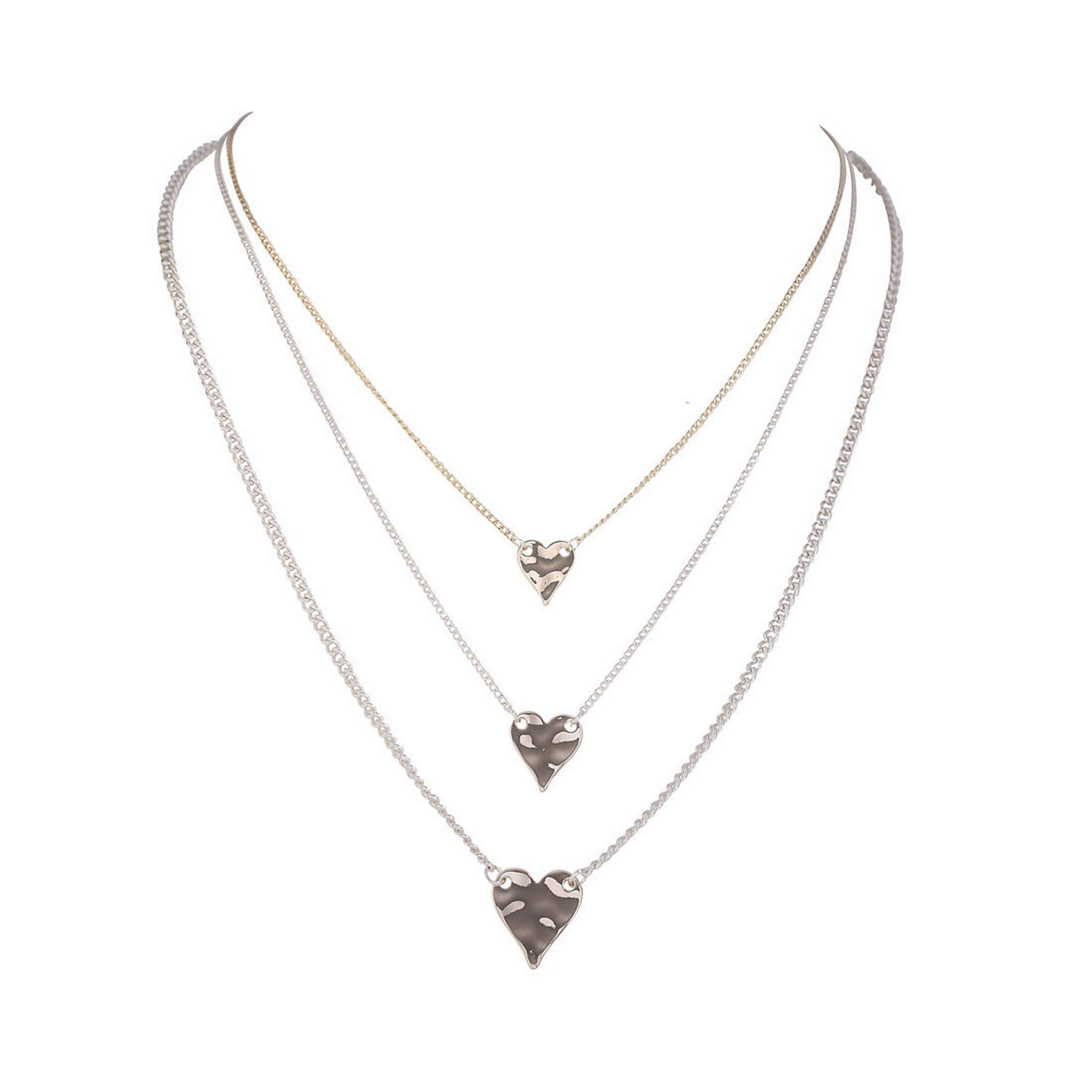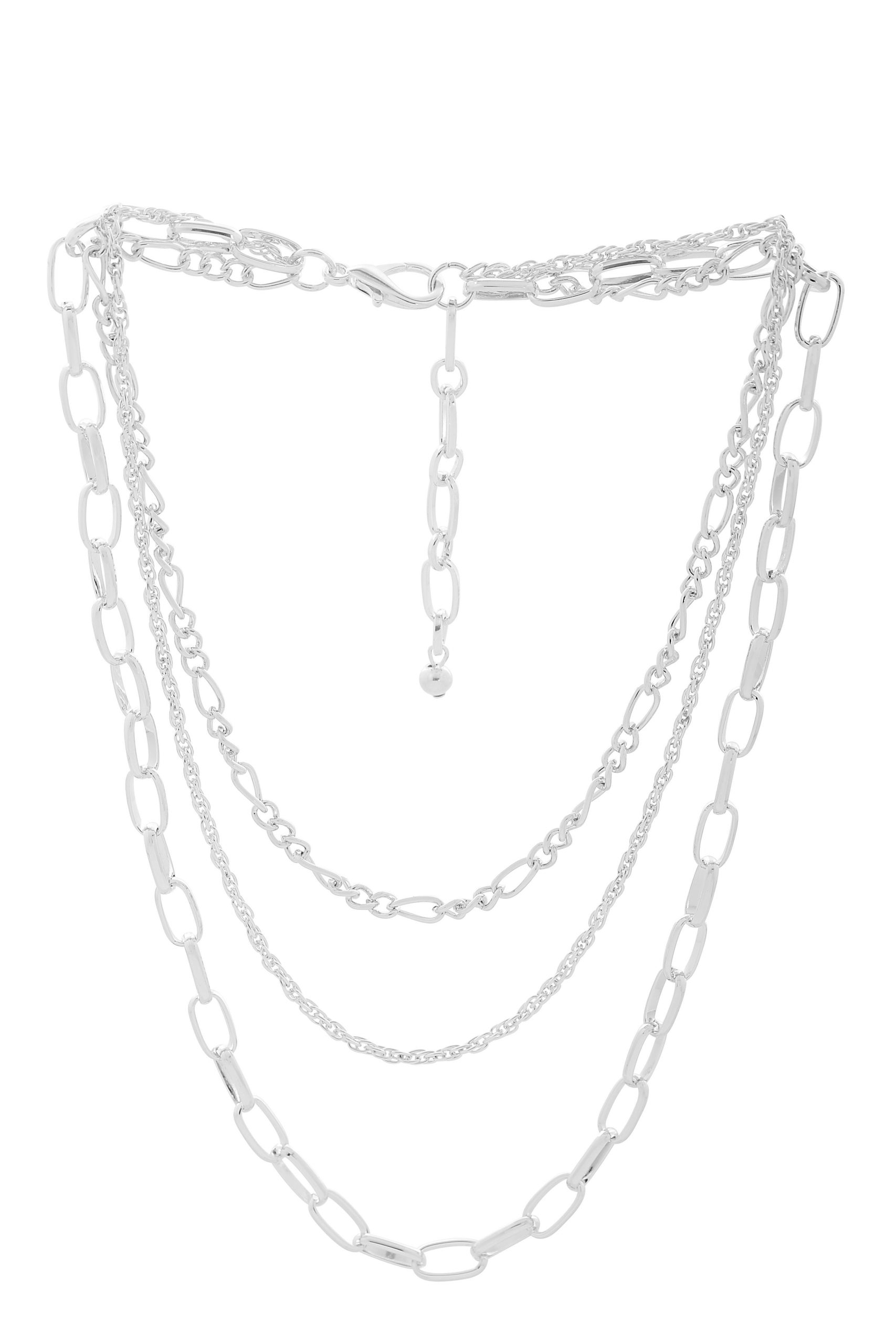In my previous blog entry, I heavily discussed Brett Cooper’s time as an employee at The Daily Wire and the host of ‘The Comments Section’, which is now hosted by her (former) best friend and maid of honor, Reagan Conrad. Reagan is also the producer of the show. The entire situation of Brett leaving the show was U-G-L-Y. We’ll never know what actually happened, though, as Brett was forced to sign an NDA form to stop her from ever speaking of the matter and making the company look in a certain way. Nevertheless, there’s an entire blog entry for you to read about it using the information that we DO have. I’m particularly talking about Brett’s interview with Sean Ryan on his YouTube channel.
That was when we, the viewers, saw Brett in her most vulnerable moment yet. That was when she opened up the most about her life in front of the camera. This included her opening up about her time being employed at The Daily Wire and being the host of ‘The Comments Section’, as well as the end of her friendship with Reagan. But of course, because of the NDA she signed, there was only so much she could say without being sued. But the most interesting part, and perhaps the most emotional, was her opening up of her family life, including her parents and her older brothers.
Just as I mentioned in my previous post, Brett has 3 older brothers. One of the brothers passed away when she was 5 due to a cardiac arrest, and his twin has been diagnosed with schizophrenia. After years of struggle, he is now under a guardianship and in Brett’s care. She also spoke of her father wanting her mother to get an abortion when they first found out they were having her. This is important considering how conservatives view abortion – God is against the taking of innocent life. Genesis and Exodus clearly show that murder is wrong. Genesis 9:6: “Whoever sheds the blood of man, by man shall his blood be shed, for God made man in his own image.” Exodus 20:13: “You shall not murder.” They decided to keep her after her father couldn’t go through with making the appointment for the abortion. Her mother was always pro-life, whereas her father was pro-choice. Nevertheless, Brett insisted she would’ve understood had they gone through with it. She understood that they weren’t in a good place in their marriage.
This isn’t something I could ever relate to. I’m not a conservative, and I’m very much pro-choice. There’s no doubt about that, and there’s nothing in the world that would ever make me change my mind about it. I don’t care if a Catholic church says it’s a moral sin to have an abortion, or if a Bible states that having an abortion is murdering a human life. No one should ever be telling a woman what she should or shouldn’t do with her body. Being pro-choice has a lot of meaning behind it, and it’s a lot more than just abortion. While the term itself is often associated with abortion rights, it encompasses broader reproductive freedom, including access to contraception, family planning, and other reproductive healthcare services. The term ‘pro-choice’ doesn’t mean that a person is pro-abortion. It means that a person supports a person’s right to choose what to do with their body. With that being said, the concept of bodily autonomy, which in itself is the right to make decisions about one’s own body, is central to the pro-choice stance.
There could be so many reasons for women to decide not to have children or not to go through with a pregnancy. The most important one of them all is health, and I simply can’t put enough emphasis on that. Deciding to terminate a pregnancy for medical reasons, also known as a Termination for Medical Reasons (TFMR), is a complex and often deeply personal decision, often involving a diagnosis of a fetal condition incompatible with life or a pregnancy complication that poses a serious risk to the mother’s health. More specifically:
Fetal Diagnosis:
- Lethal Fetal Anomalies: Some fetal conditions, such as anencephaly (lack of a fully developed brain and skull), are incompatible with life and can be detected through prenatal screenings.
- Serious Genetic or Structural Conditions: Other diagnoses may indicate a high likelihood of severe disability or a very short lifespan.
Maternal Health Risks:
- Pregnancy Complications: Conditions like preeclampsia, placental abruption, or placenta accreta can pose serious risks to the mother’s life or health.
- Pre-existing Conditions: Certain pre-existing medical conditions may be exacerbated by pregnancy, making it unsafe to continue the pregnancy.
There can be a number of factors that might influence a woman’s decision to abort. This includes the severity of the fetal condition or the risks to the mother’s health are major factors in the decision-making process, the potential for a short lifespan or a severely compromised quality of life for the child, or the risks to the mother, can influence the decision, as well as religious, ethical, or personal beliefs play a role in how individuals approach this difficult decision. No matter the case, one shouldn’t judge the decision to end a pregnancy; and the medical care should provide the care necessary to ensure a woman’s life isn’t at risk. Far too many women had risked their lives because they were denied abortions.
As Brett said herself when Sean Ryan asked her what she thought of her father wanting to abort her, the best part of growing up is being able to see your parents as people, as well as being able to understand that our parents, at the end of the day, are always trying to do the best that they possibly can. I myself became a much wiser person once I started seeing my parents as separate entities rather than just my parents. That realization came to me much later than it did for Brett, and it does so to most people. So the fact that this came to her in her early 20’s is a testament to what a strong-minded woman Brett really is; wise beyond her years. One particular thing she mentioned was that marrying her husband helped her see her father in a different light; through her husband’s lens – someone who hadn’t witnessed the family’s struggle with death, divorce, grief, and mental health; someone who sees her dad as just a ‘fun guy.’ I resonated with it myself. Witnessing how my husband sees my parents helped me understand my parents better through his lens – as someone who hadn’t witnessed all that I’d witnessed. It was crucial for me to see my parents from his perspective as he himself has had an estranged relationship with his father. He knows bad parents. He’d experienced them first hand. All these years, he’s taught me to appreciate my parents in a new way.
I’m someone who’s been through a heck of a lot. Now more than ever before, I feel like I spent so many years of my life feeling sorry for myself. It was time wasted on sad emotions when, really, I could’ve spent that time feeling grateful for what I did have, and work hard to get what I didn’t. I was a glass half empty kind of gal, when I should’ve really been glass half full. I could only see my own life and my own hardships, and there weren’t enough people out there that I could relate to; at least not at the time when my own world turned upside down. I wasted so much time and energy trying to keep up with my old life – before I survived the car accident that led to my epilepsy diagnosis – when I really should’ve concentrated on my new one; one where I needed to take my health seriously and make it my priority.
Much of Brett’s family turmoil had a lot to do with health struggles. First, her brother died suddenly after he suffered a cardiac arrest. Let it be known that he was completely healthy, and the reason for the cardiac arrest was unknown. The family, however, knew that he was addicted to caffeine, and easily drink two energy drinks on a daily basis. When Brett’s mother asked doctors if that could’ve been a factor in her son’s cause of death, they simply laughed at her face. What followed was his twin brother being diagnosed with Schizophrenia.
Brett spoke heavily about that time in her life with Sean Ryan. She spoke heavily of health and wellness, the unknowns of science, and how exactly being a twin led to her brother’s mental health crisis. It was heartbreaking to watch. No young woman in her early 20’s should ever have to endure what Brett had already endured by that age. No young woman in her early 20’s should know so much about death, grief, mental health, or mental institutions. No young woman in her early 20’s should ever even have to consider being her older brother’s guardian and know the exact different between a guardianship and a conservatorship.
But that’s exactly what happened to Brett. After witnessing everything her brother had gone through while living in a mental institution, she became his legal guardian. She decided to take on the role after she, in her own words, witnessed the mental institution her brother lived in dehumanizing him. She went into great detail about the matter in her interview with Sean Ryan. The trauma of being part of the medical system in such a way traumatized her brother so much that he became mute.
The reality of it all is much more simple than it is complex. The medical system sets you up for failure. It wants you to fail. This is something I heavily discuss on this blog, as well as on my social media. And this is something Brett said herself in the interview. Following her brother’s death, Brett got into theatre to escape her grief. That was how she became a child actor. Her older brother, on the other hand, dealt with a mental illness in his grief that not only changed his life, but the lives of those around him as well.
In the world of the medical system, there’s absolutely no such thing as a natural healing. No one ever talks about other options of treating an illness that don’t involve medication. No one ever talks about the fact that a change of lifestyle and diet could do the trick in managing an illness. Instead, it’s an endless cycle of a patient being medicated, unmedicated, put to jail, psych wards, and so on and so forth. As Brett put it herself, particularly of her brother’s situation, if he’s off meds, he’s a danger to society, and if he’s on meds, it’s debilitating. There’s no win; only a loss.
I myself saw how the medical system works following my epilepsy diagnosis. There was absolutely no doctor in the world that was on my side. They all insisted I be medicated, and anything that remotely involved natural means of managing my seizures were out of the question. It was an embarrassing, and just as Brett described it, a dehumanizing experience. I was mocked and laughed at by doctors, what seemed to be, endlessly. As a patient, you’re given meds because you can’t function without them. But then, the side effects of these meds add onto more health struggles that have nothing to do with the illness whatsoever. I stopped taking any anti-seizure medication after I had my son. It was a big risk that I took, but it was a risk that I felt needed to be taken. In the long-run, it worked out to my advantage. Managing my health the natural way is what’s best for me. It might not be for the next person diagnosed with epilepsy. But it is for me, and I’ll never look back.
Thankfully, my condition never got as bad to the point where I needed to get myself a guardian. Brett’s brother’s situation did as he became a harm to society, as well as himself; it’s something she talked about in the interview. Luckily, he had Brett who, without question, signed herself up for the role, and as she said, one thing she wanted her brother to know was that she was never NOT going to be there. That’s something inspiring. There are many people out there in the world who admittingly and courageously ask for help when they struggle with an illness as severe and serious as this, and they get screwed over. Wendy Williams is the perfect example of that. She’d struggled with her health for years and asked for a legal guardian. She, instead, was hit with a conservatorship that she hasn’t been able to get out of. This will be something we’ll speak more of in the next post. For now, however, Wendy Williams is an example of the darkness that comes with a patient asking for help.
During her interview with Sean Ryan, Brett talked what her brother’s death did to the family, and how each family member dealt with it individually. Brett, as I previously mentioned, dove into artistic expressions by becoming a child actress. She was inspired, and she wouldn’t take no for an answer. She’d write letters after letters to casting directors until someone would eventually agree to see her for an audition. Her brother, who watched his twin brother die while there was absolutely nothing he could do to prevent his death or even help him, turned to drugs; and that was what eventually caused the schizophrenia. So many people were ready to give up on him. Brett’s oldest brother encouraged it himself. According to him, it was the lifestyle their brother chose and he needed to pay the price for it. But not Brett. She couldn’t watch her brother go through what he’d gone through with no help whatsoever; and so, she decided to take matters into her own hands.
Let it be known that a guardianship of an adult isn’t a conservatorship, as one might assume. A conservatorship is a legal term referring to the legal responsibilities of a conservator over the affairs of a person who has been deemed gravely disabled by the court and unable to meet their basic needs of food, clothing, and shelter. In contrast, a guardianship primarily focuses on the physical and medical care of an individual. It involves a court-appointed guardian who makes personal care and/or property decisions for an adult who is deemed incapable of doing so, ensuring their best interests are protected. A guardian makes decisions related to personal care, including healthcare, nutrition, shelter, clothing, hygiene, and safety.
I know I talk a lot about the fact that I don’t take any anti-seizure medication anymore. That’s never to say that I’m promoting and advocating for that lifestyle. It was a decision I made for myself, and it turned to be the right one for me. I’ll never tell anyone struggling with epilepsy to stop taking their medications. I will, however, consciously tell them to never solely rely on medication to ‘fix’ or ‘cure’ their epilepsy diagnosis. Anti-seizure medications, while crucial for managing seizures, no matter what type, can cause various side effects, including common ones like drowsiness, dizziness, and nausea, as well as potential cognitive or mood changes, which should be discussed with a doctor. For me, personally, my entire livelihood was taken away due to the endless intaking of the anti-seizure medication. They caused a severe depression, and the worst part of it all was that I was still having seizures; and they’d even gotten worse and worse over a period of time.
A few months following the birth of my son, I decided to take matters into my own hands. I slowly, but very surely, stopped taking my medication, and began relying on more natural ways of managing my health – both chronic and mental, as well as physical. I was on a journey of getting to know my body for, what felt like, the first time ever. Now, two years on, I’ve finally gotten there. I now feel like I’m in the healthiest place I’d ever been in my entire life; even before my epilepsy diagnosis. I now know what I need to do in order to keep my body in check. For me, personally, it’s my diet, limited daily coffee intake, sleep schedule, daily exercise, and sunshine that do the trick.
These little daily tricks and tips won’t be anything that your doctor will advocate for you to do. Your doctor will instead encourage you to intake more and more medication if you report to them that you had more seizures, which will result in more health struggles that have absolutely nothing to do with your actual epilepsy diagnosis – or any other diagnosis of the sort. That was never anything my doctors ever spoke of; and it wasn’t anything that Brett or her family were ever told by their doctors either when it came down to her brother’s wellbeing and in treating his schizophrenia diagnosis. In fact, doctors want you to fail. They’ll do anything and everything they can to make sure that you, as their patient, don’t get better. The reason for is because patients getting healthier doesn’t benefit doctors financial. With that being said, the medical system can be compared to a business, where the vulnerable patients are treated as the clients that pay the bills.
Before she left, or forcefully let go, of ‘The Comments Section’, Brett made a video for the platform explaining her thoughts on MAID – Medical Assistance In Dying. This is a program that became legal in 11 states in The United States and all throughout Canada in 2016, and it’s a program that’s heavily been promoted by doctors since then as a means for a patient to have the ability to decide when they wish to end their life. In 2016, the program only became legal for those suffering from a terminal illness, but by 2021, anyone who’d wished to die could get approved for the program. It’s actually horrifying that someone like myself could now go to a doctor, and in a sense, be tricked into thinking I’d be better off dead rather than do the necessary work needed to treat my chronic health. A young woman with autism and ADHD, otherwise completely healthy, was recently approved for the program.
Gen-Z is the generation that’s currently struggling the most. According to a recent study, more than 70% of Gen-Z’ers are struggling with loneliness. And this has nothing to do with the aftermath of the 2020 pandemic, as a 2019 study showed that 79% of Gen-Z’ers were struggling with loneliness. This had a lot to do with that generation being the first-ever generation to be fully functioning and being reliant on technology and social media. It’s crazy for me to even fathom that they’d be the ones who’d be approved for the MAID program instead of being provided with the resources needed to help them treat their mental health. For a reference point, One MAID case is financially the same as two therapy sessions with a psychologist.
Just recently, I was discussing this matter with He was the one that initially told about the new developments of MAID being made legal in US and Canada. Like me, he’d struggled with health issues and a mental illness. But unlike me, he had a fairly differently; a lot differently, actually. In fact, he went as far as praising his doctors for, in his own words, taking such great care of him. That’s not anything I could relate to, and after much discussion, we both came up with the conclusion that, a lot of the time, how a patient is treated by a medical professional has to do with the patient’s gender. In the medical field, disparities in treatment between men and women exist, with women often facing under-diagnosis, delays in treatment, and potentially poorer outcomes, particularly in areas like pain management and cardiac care. And if we were to break it all down:
1. Underdiagnosis and Delayed Treatment:
- Heart Attacks: Women are more likely to be misdiagnosed or discharged during a heart attack, potentially leading to delayed or inadequate treatment.
- Pain Management: Women’s pain experiences may be dismissed or underestimated, leading to inadequate pain relief and poorer outcomes.
- General Health Concerns: Women may receive less thorough examinations and investigations compared to men for similar symptoms.
2. Gender Bias in Medical Research:
- Historical Focus on Men: Historically, medical research has largely focused on male bodies, leading to a lack of understanding of female-specific health issues.
- Underrepresentation of Women in Studies: Women are often underrepresented in clinical trials, which can lead to medications and treatments not being as effective for women as they are for men.
3. Specific Areas of Disparities:
- Pain Management: Women are more likely to be given sedatives rather than pain medication, and their pain may be attributed to emotional or psychological factors rather than physical causes.
- Cardiovascular Care: Women with heart disease may experience delays in diagnosis and treatment compared to men, leading to poorer outcomes.
- Mental Health: Women may face biases in mental health treatment, with their symptoms being dismissed or attributed to emotional instability.
- Infertility: Women seeking fertility treatments may face disparities in access to care and treatment options compared to men.
4. Contributing Factors:
- Physician Bias :Doctors may hold unconscious biases that lead them to treat men and women differently.
- Patient Behavior: Women may be more likely to seek medical care than men, but they may also be less likely to advocate for themselves.
- Societal Expectations: Societal expectations and gender roles can influence how individuals perceive and express their health concerns.
But of course, not all men see better treatment by the medical system. Brett Cooper’s brother is an example of this notion sometimes not being applicable. And nevertheless, this gender bias in the medical system, whether intentional or not, is still there. I’ve seen it first hand, and not just in the treatment of my epilepsy diagnosis; but also in such factors as cerebral palsy, PCOS, infertility, mental illness, and such. Time and Time again, I’d get told by different medical professionals that what concerns were nothing to worry about, that what I was going through was simply stress, and that I simply needed, in their words, to calm down and not go completely crazy.
These statements alone made me go crazy. I guess I didn’t actually go insane because I had so much support around me; the support of my family, the support of my husband, and the support of my friends. I guess that’s exactly why I found Brett Cooper and her story so intriguing, even though I don’t agree with 95% of the things she says in her videos due to our differing views; because she’s provided the support to her older brother in his struggles with mental health when so many others were ready to give up on him. In doing so, she’s showing others around the world the difference it can make in one’s life to support someone, even if it’s just you that’s in their corner, when the entire world turns against them and they’re so ill that they’re not able to defend themselves or even take care of themselves.
Say what you will about Brett Cooper; one thing’s for sur, however, and it’s that she’s no normal 23 years old young woman. At age 5, Brett experienced her first heartbreak when her older brother died suddenly. By age 13, she’d witnessed her other older brother’s first psychotic break, as well as her parents’ divorce and her father’s suicide attempt. And now, at 23, she’s a legal guardian to her much older brother, is a married woman, and is thriving in her career. After watching her interview on Sean Ryan’s show to its entirety, what I can honestly and truthfully say is that she really doesn’t give herself enough credit. She’s a strong-minded, independent woman. She’s a risk-taker. She’s an empath. It’s really no wonder that so many people come to her for life-advice. Heck, I feel like I would’ve had I stumbled upon her channel all these years ago when I was going through my own turmoil. And so, to finally end this blog entry on a more positive note, I thought I’d include some Brett Cooper ‘inspiring quotes’:
- I genuinely care about everybody in this country, and I want them to thrive and be successful, not be dragged down by their own attitude about the world. I hope that for everyone because it benefits our society as a whole.
- What is the secret to a happy life? Is there a secret? Is there only one secret? These are the questions that, at the most foundational level, everyone asks throughout life. They are a part of the human condition.
- Life comes for everyone, and no one is immune. And when hard times come, you should never look down on the work that every normal person does.
- When women take account of their lives and values to make a change, they should never be mocked or have fingers pointed at them.
- ociety has told women that nothing matters except themselves and that because they don’t need anyone else, they shouldn’t want anyone else. In fact, wanting a partner, specifically a male partner, is indoctrination from the patriarchy.
Our Most Popular Posts
Sign up to our newsletter if you want to see more content from The Graceful Boon! By signing up to our newsletter, you'll get an even more in-depth content from yours truly, Stacie Kiselman, who's our Graceful Boon, that you won't want to miss out on.




